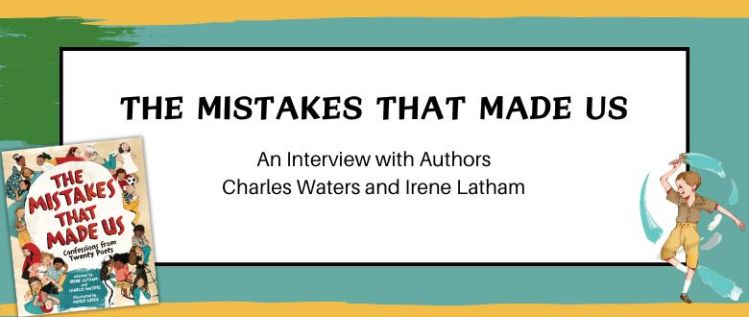My Ex-Imaginary Friend: An Interview with author Jimmy Matejek-Morris
In the middle-grade novel My Ex-Imaginary Friend, eleven-year old Jack thought he’d outgrown his imaginary friend, George. But when his family hits a crisis, Jack decides that George may hold the key to putting his life back together. Meanwhile, the imaginary George—half-walrus, half-human, all magic—has a problem of his own: with nobody to believe in him, he is slowly disappearing. This humorous and heartrending adventure is about being there for friends in need, believing in yourself as well as others, and redefining what “growing up” looks like.
Today we welcome Jimmy Matejek-Morris, author extraordinaire of My Ex-Imaginary Friend, to answer a few questions. Read on to discover Jimmy’s inspiration for the story, thoughts on imaginary friends, and most challenging moments of writing the novel.
What was the inspiration for this book?
This book was based on a feeling of loneliness that I have witnessed and experienced. I wanted to write a book that explored how friendships and family relationships can both cause and alleviate these feelings.
Did you have an imaginary friend as a child?
I did not have an imaginary friend. Growing up as the middle of five children, it felt like there was not enough room in the house for an extra friend. I did have a very vivid imagination, and I was always pretending and creating. Now, I would argue that as an author, I have many imaginary friends, most recently a pair named Jack and George.
If you could have an imaginary friend, what would they be like?
I have several favorite animals, so I think I would like a shape-shifter imaginary friend so they could be whatever animal I felt like spending time with at the moment.
Do you relate to Jack or George more? Why?
I wish that I had George’s eternal optimism, but I believe I am more of a Jack. His desires to feel needed, seen, and loved resonates with challenges that I have encountered throughout my life.
What is your experience with mental health?
Mental health is a very personal journey for many people, and it is one that we as a society are so often afraid to discuss. There is so much fear about the negative stigma around this topic that often conversations are avoided and subsequently, people find themselves unable to understand or to get the help they may need. In this novel, Jack’s mother, aunt, and uncle all avoid having these important conversations with Jack, leading to further fear and misunderstanding. I have personally struggled with anxiety and depression, but I am continually taking steps to care for myself. I hope that this novel will help others to have those tough conversations and to begin to understand.
What moment was the hardest to write? Why?
It is very difficult to write the moments when Jack and George are fighting. When Jack’s words smack George across the face, I feel them, too. I also had a difficult time when Jack’s Mom dropped Jack off on his Aunt and Uncle’s front lawn. I don’t want my characters to feel pain, but I also know that they need these moments in order to grow.
Praise for My Ex-Imaginary Friend
“Twin themes of abandonment and belief twine through this somewhat mind-bending debut.”—Booklist
“Complicated emotions and difficult family conversations are bracketed with kindness in this unusual book.”—Kirkus Reviews
“A poignant, multilayered story that will appeal to those looking for a heartfelt family drama.”—School Library Journal
“A poignant story about friendship, growing up, difficult goodbyes, and what it means to be family.”—Melissa D. Savage, author of Lemons and Nessie Quest
Teacher Resources
Download this free discussion guide to have readers dig deeper!
Follow Jimmy Matejek-Morris on Social Media
Twitter: @jmatejekmorris
Instagram: @jmatejekmorris
Jimmy’s Website: https://jmatejekmorris.com/




Comments